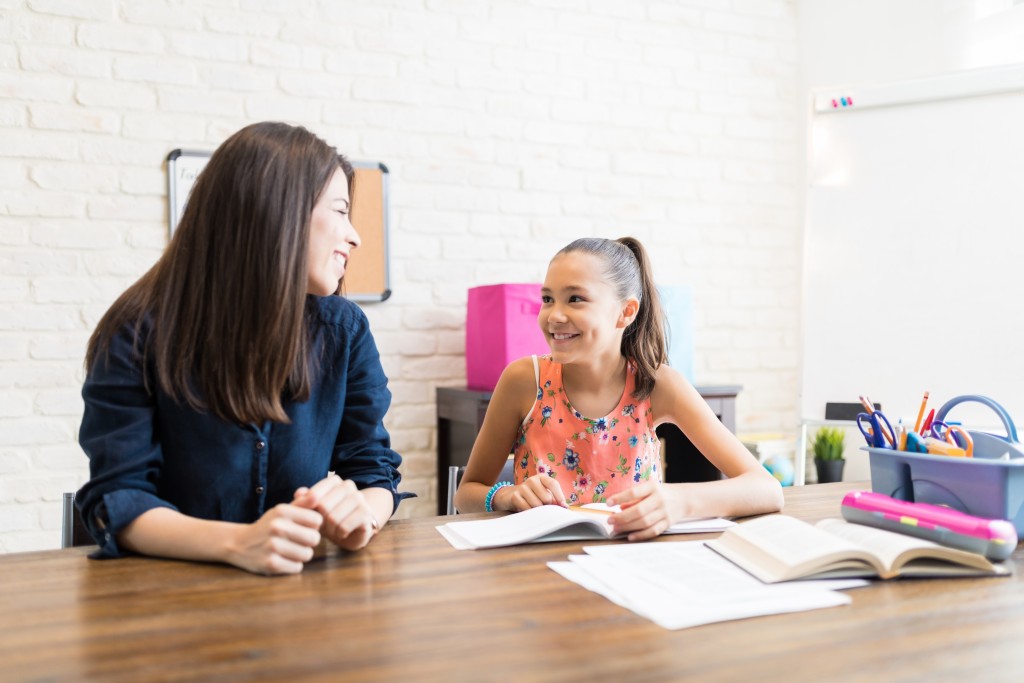The pandemic continues to become unpredictable. Countries like New Zealand and Australia that successfully flattened the infection rate is experiencing a second wave of the spread. These current events show the complicated truth that the world has no choice but to adapt to the changing times. Society might not be able to go back to how it operated before 2020 started.
One sector facing challenges in adapting are the academic institutions as they try to shift to a blended or purely online model of learning. The closing of schools was a significant blow to many students across the world. Based on the data of the United Nations Educational, Scientific, and Cultural Organization (UNESCO), close to 134 countries had to cancel classes, and about 38 are implementing localized closures based on the number of cases.
Due to the uncertainty surrounding the formal education system, some parents are toying with homeschooling as an alternative. Meanwhile, a few families are looking at a more hybrid approach, especially for young children, where they spend their time between a reliable daycare implementing safety protocols and spending certain days at home. The latter option is attractive for working parents who need the space to be able to fulfill career obligations.
Homeschooling, no matter what form it takes, seems to be a viable option given the current situation. However, parents must be mindful of the homeschooling method they will pursue because each child has their learning style and preference. Some can work well, while others might become a nightmare for both the parent and the student. Here are two methods parents can check out:
Montessori Method

Created by Dr. Maria Montessori, this method makes use of a learning environment where the bulk of the curriculum is filled with self-directed and play-based activities. Experience is the king as students are free to pursue their interests in largely unstructured time blocks. Teachers only give prompts and suggestions to students, which can take the form of tactile tools and toys. Due to this hands-on emphasis, most rooms or classrooms are playgrounds with a lot of areas to discover and play with.
Parents inclined to the Montessori method usually have children who flourish when they can explore interests freely, without judgment. This method also works best with students who have learning differences because the curriculum can be adjusted according to their needs and preferred pace.
Charlotte Mason Method
Rich literature and experiential books are the two aspects that differentiate the Charlotte Mason method from other homeschooling options. One of the learning methods is when students are asked to narrate what they remembered from reading rather than answering written worksheets or questions. As complementary activities, students can also choose to go on a nature walk, write in journals, or engage in observation practices.
The Charlotte Mason method works best for parents who value learning through stories, biographies, and nature rather than dry textbooks. Journals and portfolios are also more appreciated than merely repeating knowledge through quizzes.
As the world learns to navigate through the pandemic, innovative solutions to problems are needed. One of these is by mixing homeschooling methods with the traditional education system.

